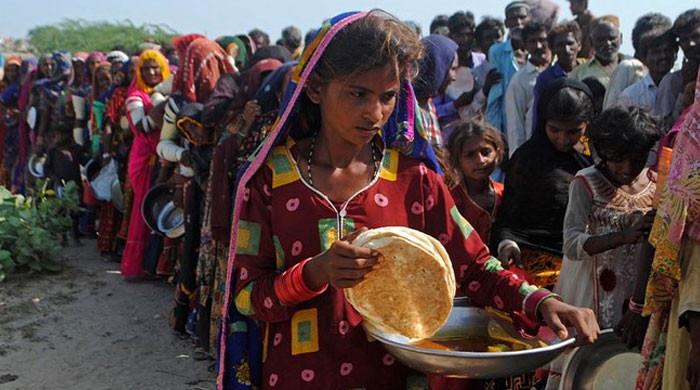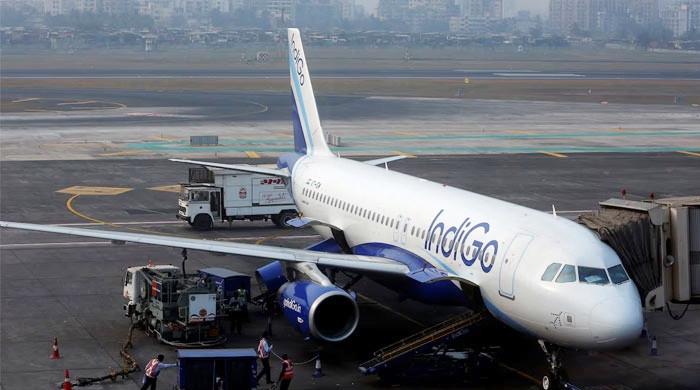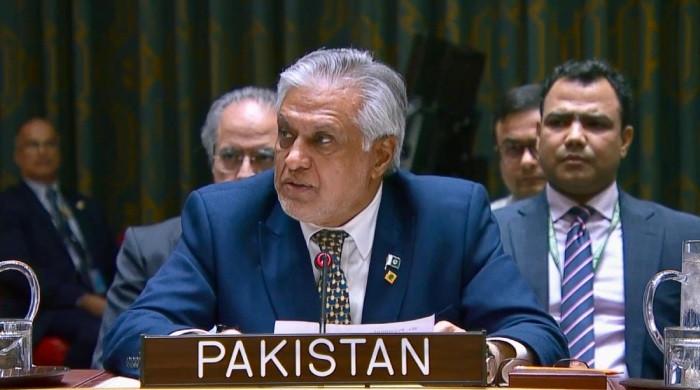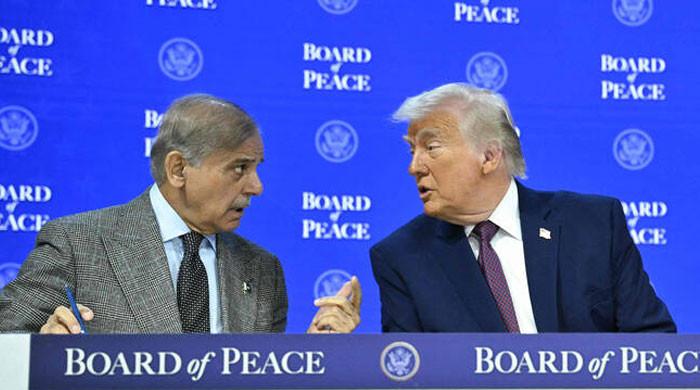Pakistan witnessed decline in terrorism-linked fatalities: HRCP
Pakistani passport continues to be ranked as second worst for travelling on after Afghanistan's
April 16, 2018
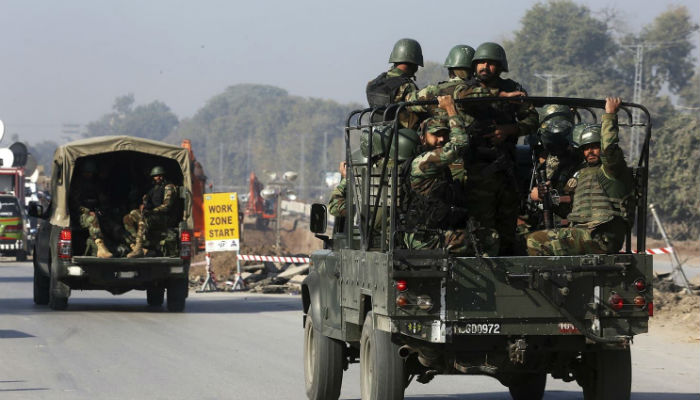
A report by the Human Rights Commission of Pakistan (HRCP) revealed on Monday that the number of deaths linked to terrorism continued to decline in the country last year.
Moreover, the report titled 'State of Human Rights in 2017' also mentioned that there were about 333,103 cases pending in the country’s courts last year. The Parliament made a total of 34 laws in 2017, a drop from 2016 when 51 laws came into effect.
Last year, the national census for the first time included a category for khawaja siras, or transgenders. In another first, the government issued a passport with a transgender category in June 2017, the move was welcomed by the transgender community as an important milestone.
However, the report added that international travel remained especially problematic for the citizens as Pakistani passport continued to be ranked as the second worst passport to travel on after Afghanistan.
Violence against women
The crimes again women remained all-time high with about 5,660 cases of violence against women being reported in first 10 months of 2017.
A total of 274 women were killed in the name of 'honour', 206 gang-raped, 2,840 raped, and 681 murdered across the country.
More than 3,400 women were the victims of shocking crimes in the province during the first six months of the year. The province of Khyber Pakhtunkhwa reported the lowest number of crimes against women with 202 cases between January 1 and June 30, 2017. Sindh witnessed 1,704 crimes in the first 10 months of the year, while Balochistan reported 354 cases during the same period.
Alongside, 12 million women voters were not yet registered in the run-up to the 2018 general elections, due to the absence of women’s computerised national identity cards (CNICs), especially in the remote rural areas.
State of prisons in Pakistan
According to the report, Pakistani prisons housed 82,591 prisoners as of November 2017.
However, many of the prisons continued to be overpopulated. Punjab prisons held 50,289 inmates against a capacity of 32,235; Sindh 19,094 against 12,613; Khyber Pakhtunkhwa 10,811 against 8,395, and Balochistan 2,397 against 2,585.
The total number of female prisoners was recorded to be 1,442; of which Punjab held 959, Sindh 214, Khyber Pakhtunkhwa 247, and Balochistan 22.
The courts awarded death sentence to 253 people, including five women, in 197 different cases.
On the other hand, the Commission of Inquiry on Enforced Disappearances received 868 cases in 2017, of which 555 were disposed of.
Deteriorating state of health
The report stated that Pakistan made investment in the health sector over the years, but its rate of progress was lower than most other countries, with the disease pattern heavily dominated by malnutrition and poor dietary practices.
According to World Health Organization (WHO), Pakistan is ranked fifth among high-burden countries worldwide and accounts for 61 per cent of the TB burden in the WHO Eastern Mediterranean Region.
There was a marked increase in the prevalence of thalassaemia and HIV/AIDs, the report said, adding that as many 35.5 million adults in Pakistan are reported to be diabetic, and the country has the world’s second highest prevalence of hepatitis C, second only to Egypt.
In 2017, Pakistan was able to almost entirely contain the polio endemic that had engulfed the country, the report said, adding Afghanistan and Pakistan are the only two countries of the world where the polio virus still exists.
Pakistan successfully reduced the total number of cases in 2017 to just eight – a reduction of almost 60 per cent from last year in which 19 cases were reported.
Pakistan to run out of water by 2025
The report also expressed concern over the potential impact of climate change on Pakistan’s overstretched water resources.
Pakistan has the world’s fourth highest rate of water use and the Pakistan Council of Research in Water Resources (PCRWR) recently issued a stark warning that the country was on track to run out of water by 2025.
According to a WHO report, only 36 per cent of the Pakistani population on average, including 41 per cent in urban areas and 32 per cent in rural areas, has access to safe drinking water in the country
Moreover, the average air pollution in Pakistan’s major cities is reported to be about four times higher than the WHO limits.





